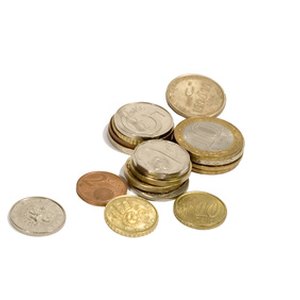
A mutual fund exchange is simply a streamlined way to simultaneously buy and sell mutual funds. Not all mutual funds can be exchanged, and there may be tax consequences to the transaction.
Mutual Funds
A mutual fund is a pool of money from investors that is collectively invested for the benefit of all shareholders.
Mutual Fund Families
The list of all mutual funds offered by one particular investment management company is known as a mutual fund family.
Mutual Fund Exchanges
Mutual funds in the same family can be "exchanged," or swapped. In an exchange, one mutual fund in the fund family is sold while another one is bought.
Exchange Fees
Usually, there are no fees to exchange funds in the same family, as there might be if you purchased a fund outright.
Taxation of Exchanges
Exchanges are taxed as if the funds were bought and sold individually. If you are exchanging out of a fund that has a gain, you will be required to pay capital gains taxes on that exchange.
References
- SEC.gov: An Introduction to Mutual Funds
- U.S. Securities and Exchange Commission. "Mutual Fund Fees and Expenses," Pages 3-4. Accessed Nov. 4, 2020.
- Internal Revenue Service. "Publication 550: Investment Income and Expenses," Page 47. Accessed Nov. 4, 2020.
- Vanguard. "How to Convert to Admiral Shares." Accessed Nov. 4, 2020.
Writer Bio
John Csiszar earned a Certified Financial Planner designation and served for 18 years as an investment counselor before becoming a writing and editing contractor for various private clients. In addition to writing thousands of articles for various online publications, he has published five educational books for young adults.
